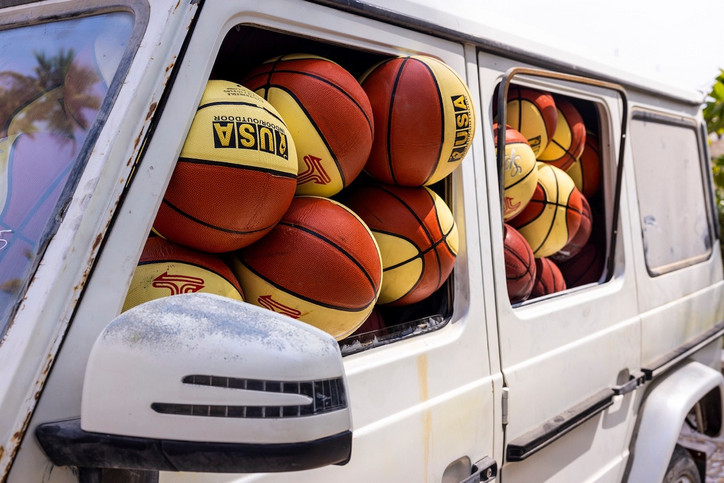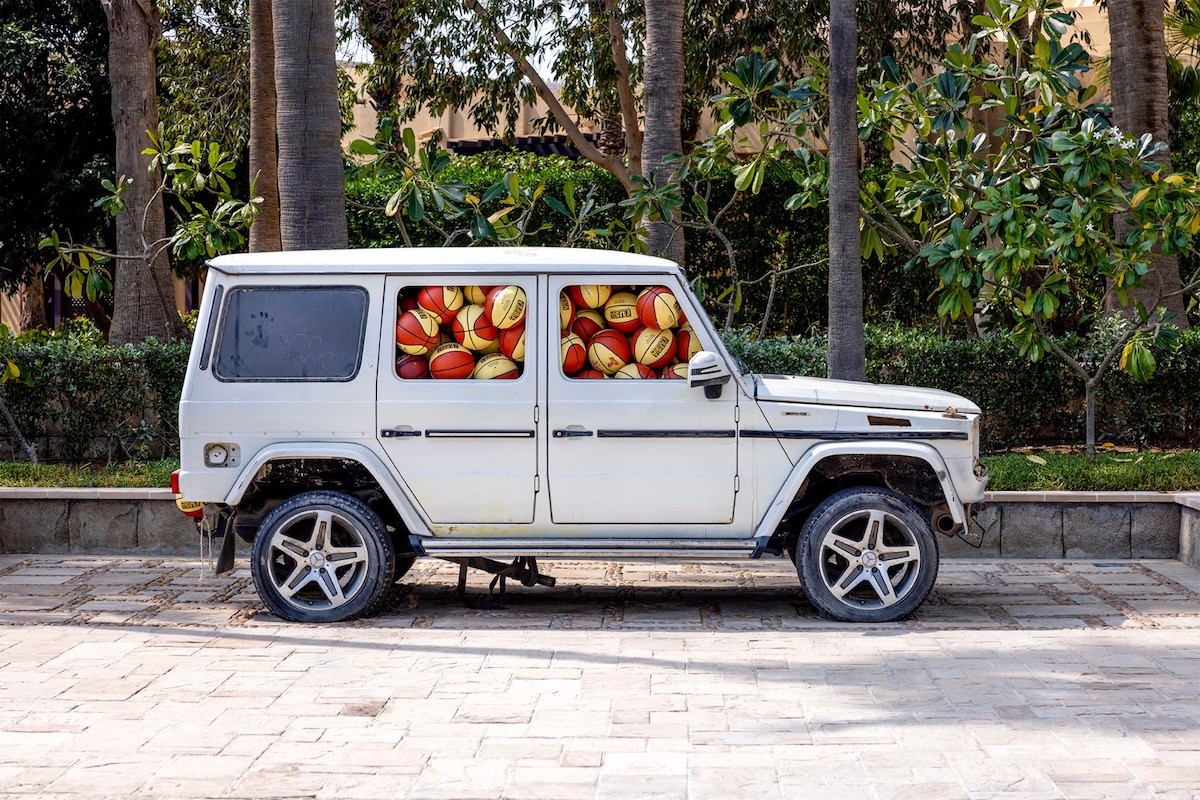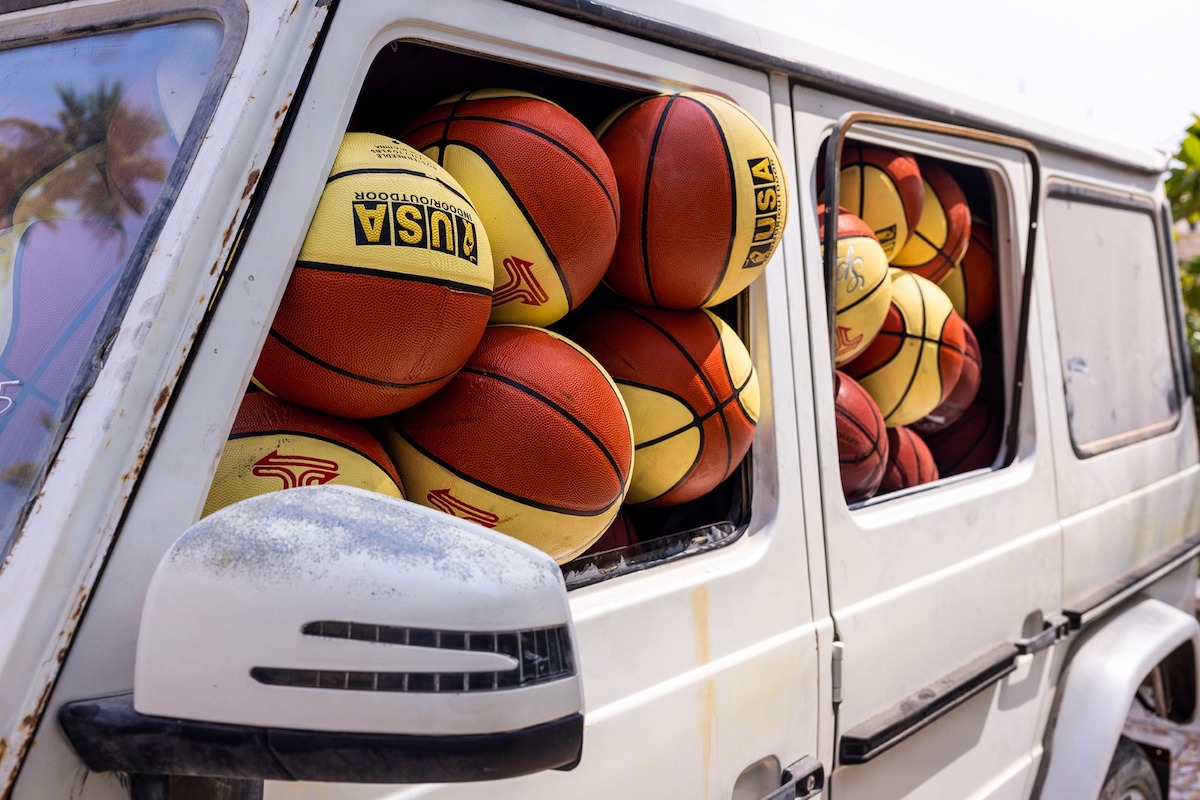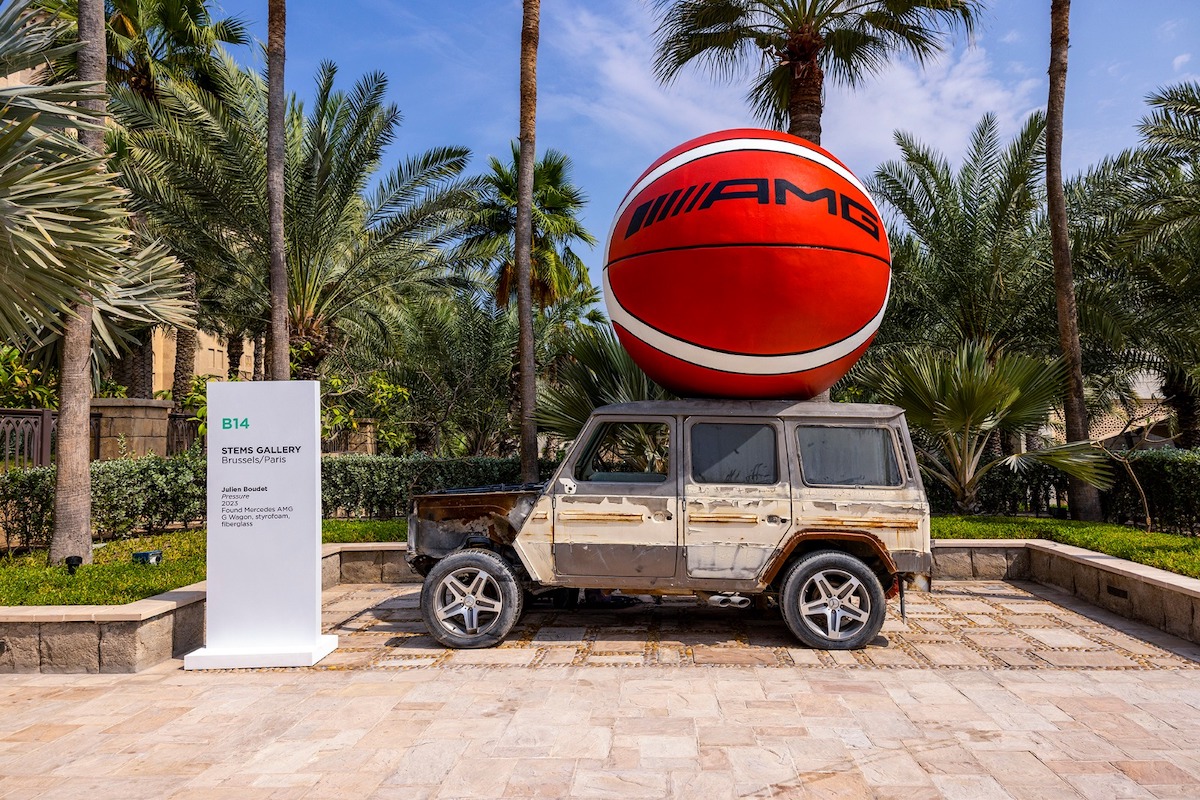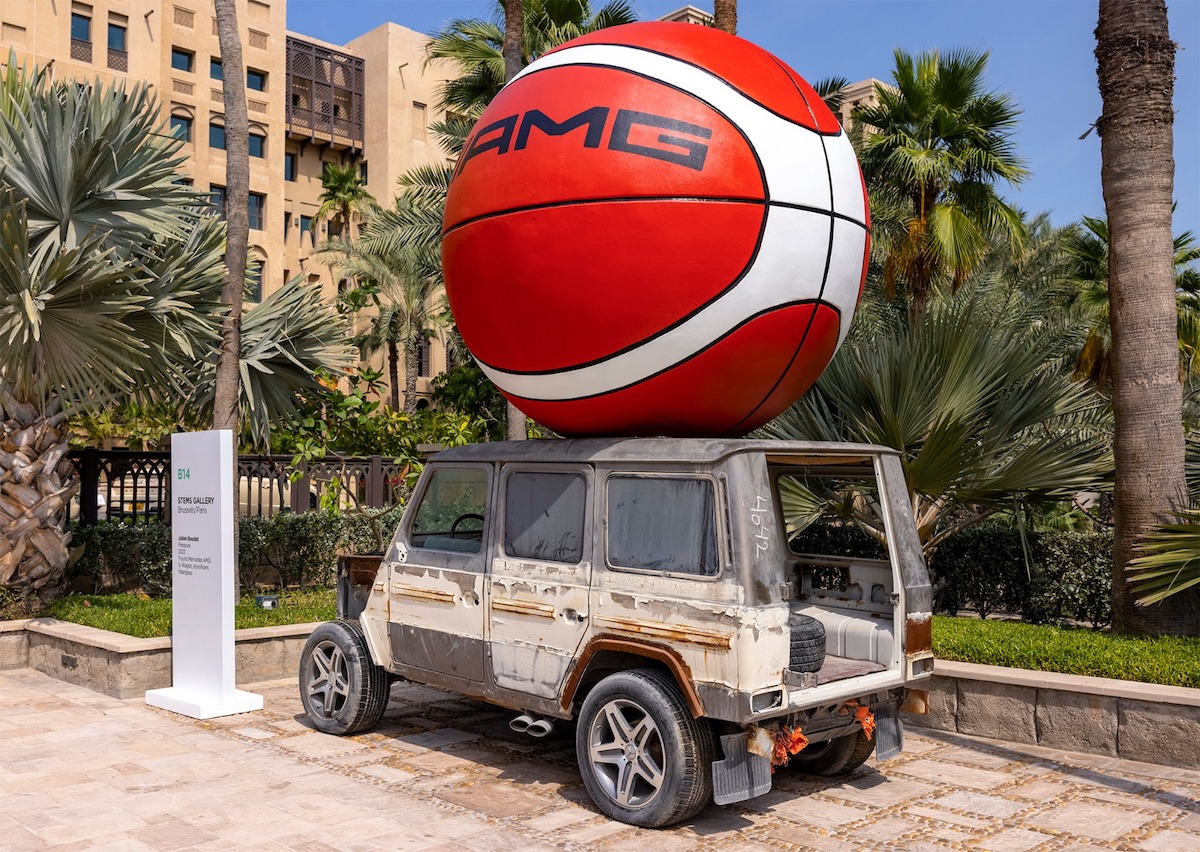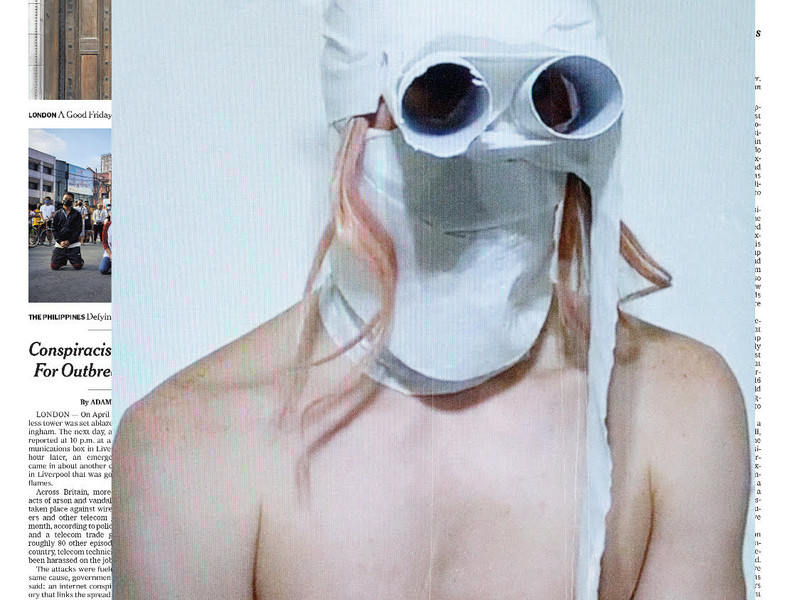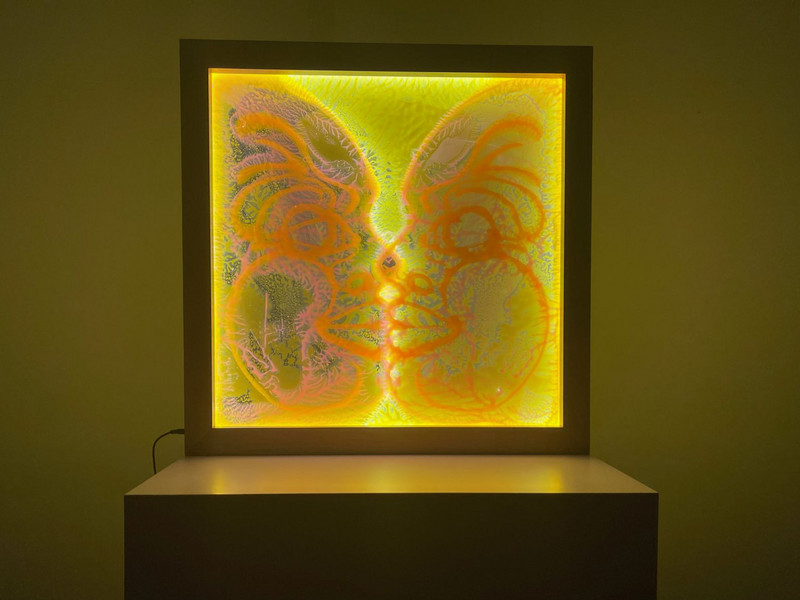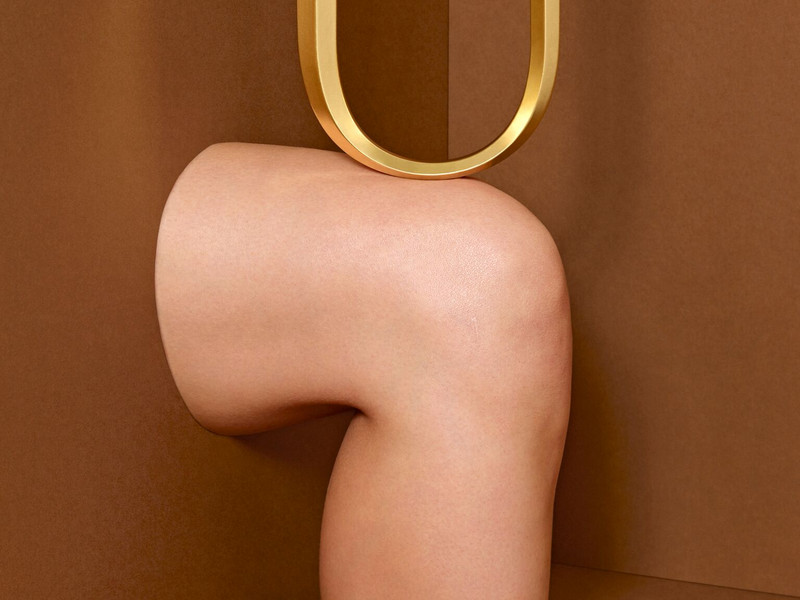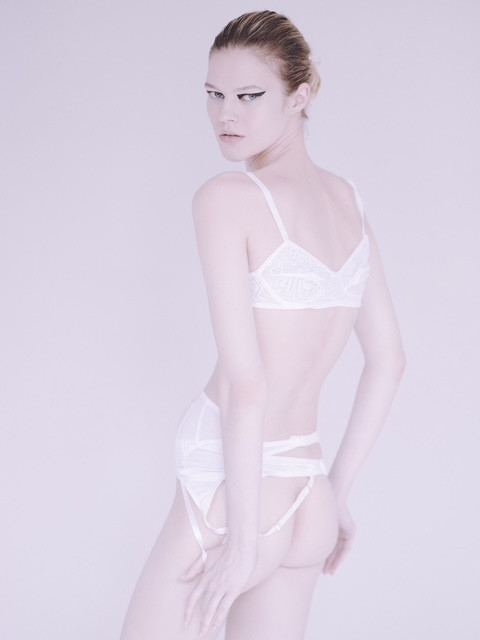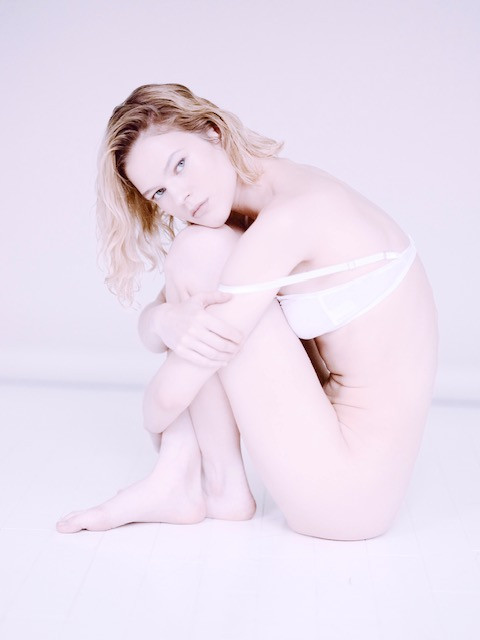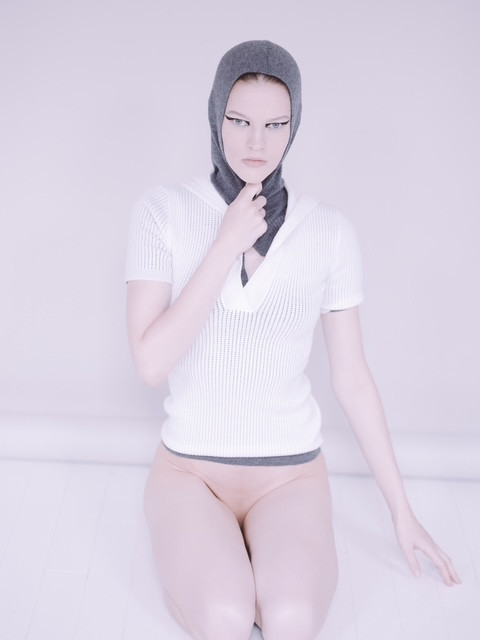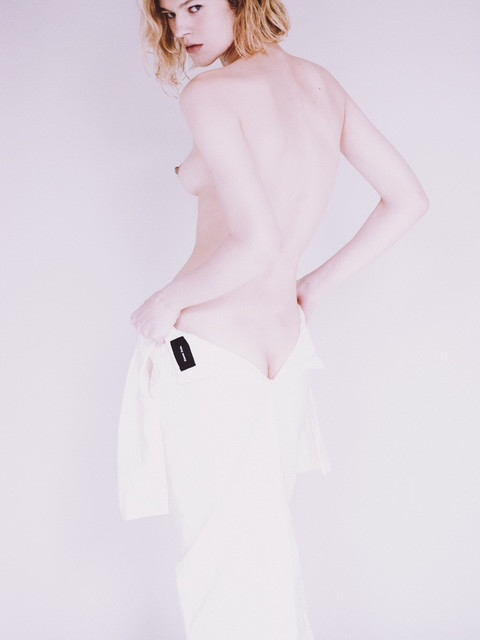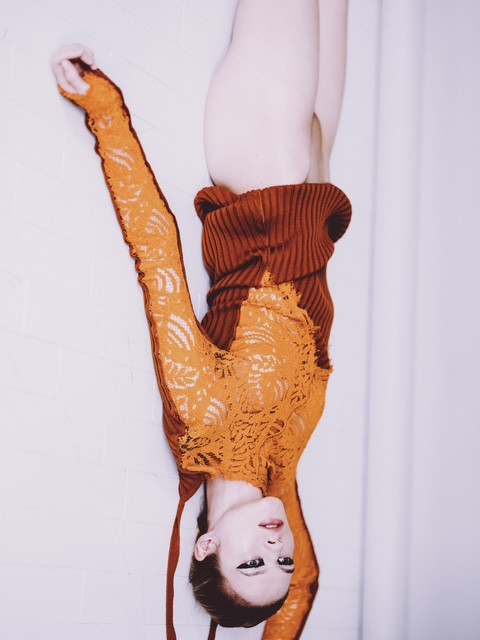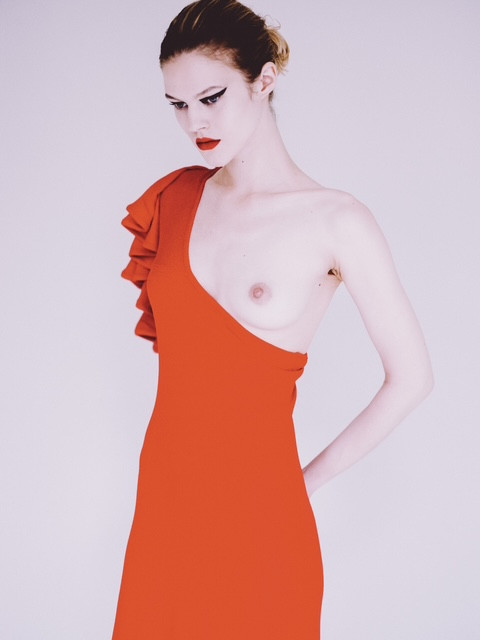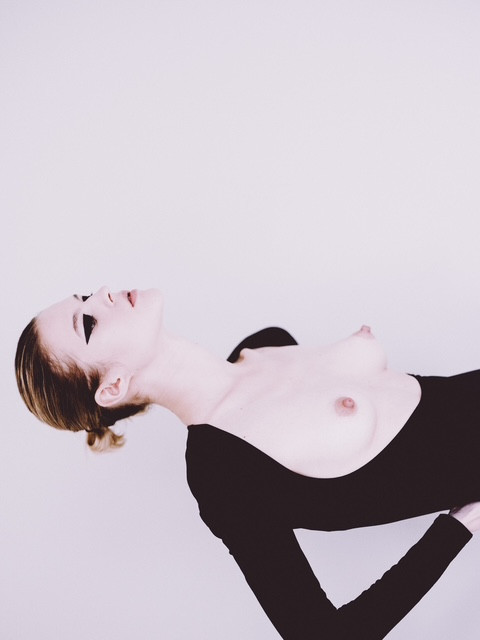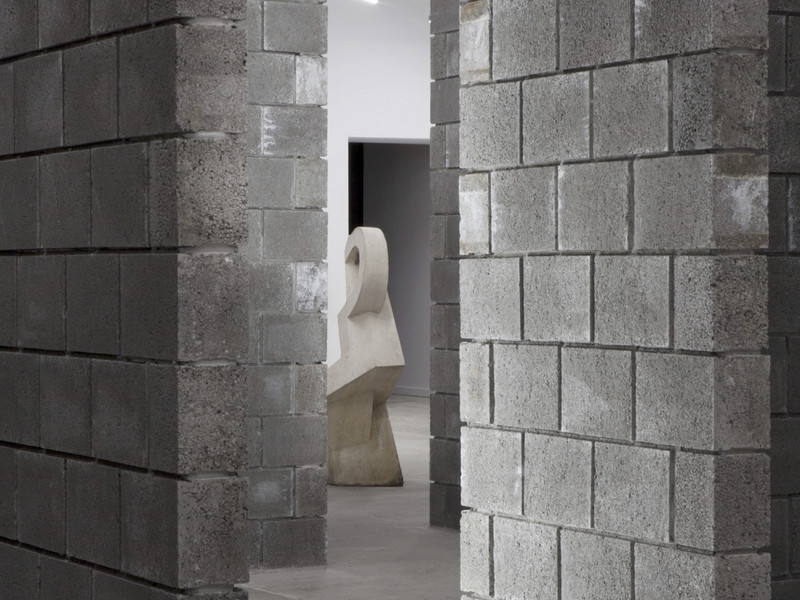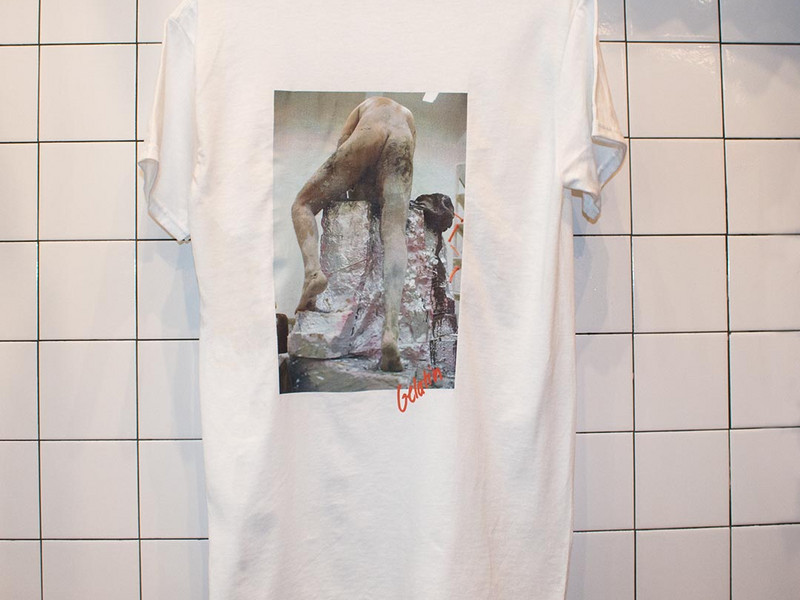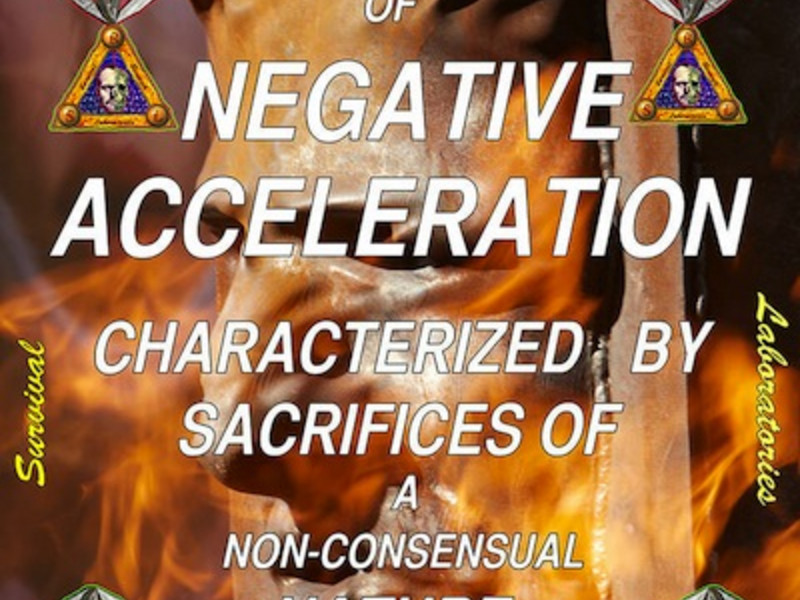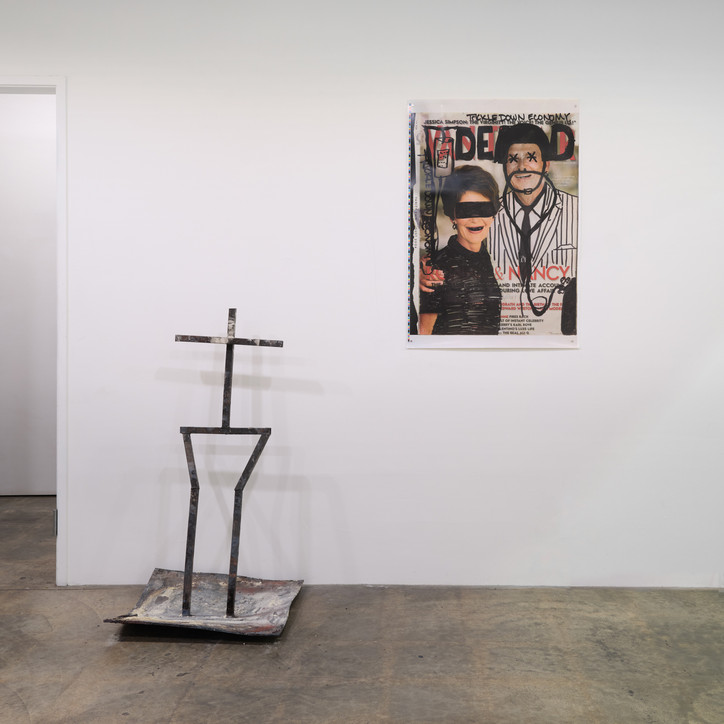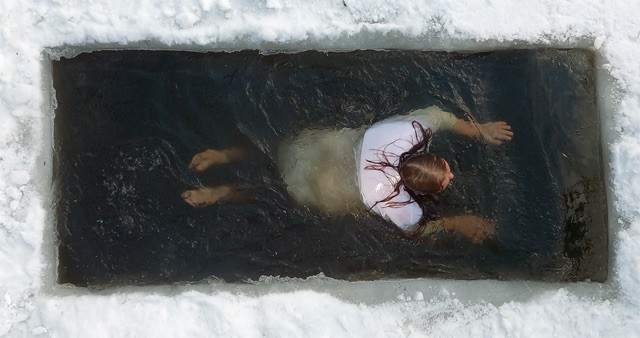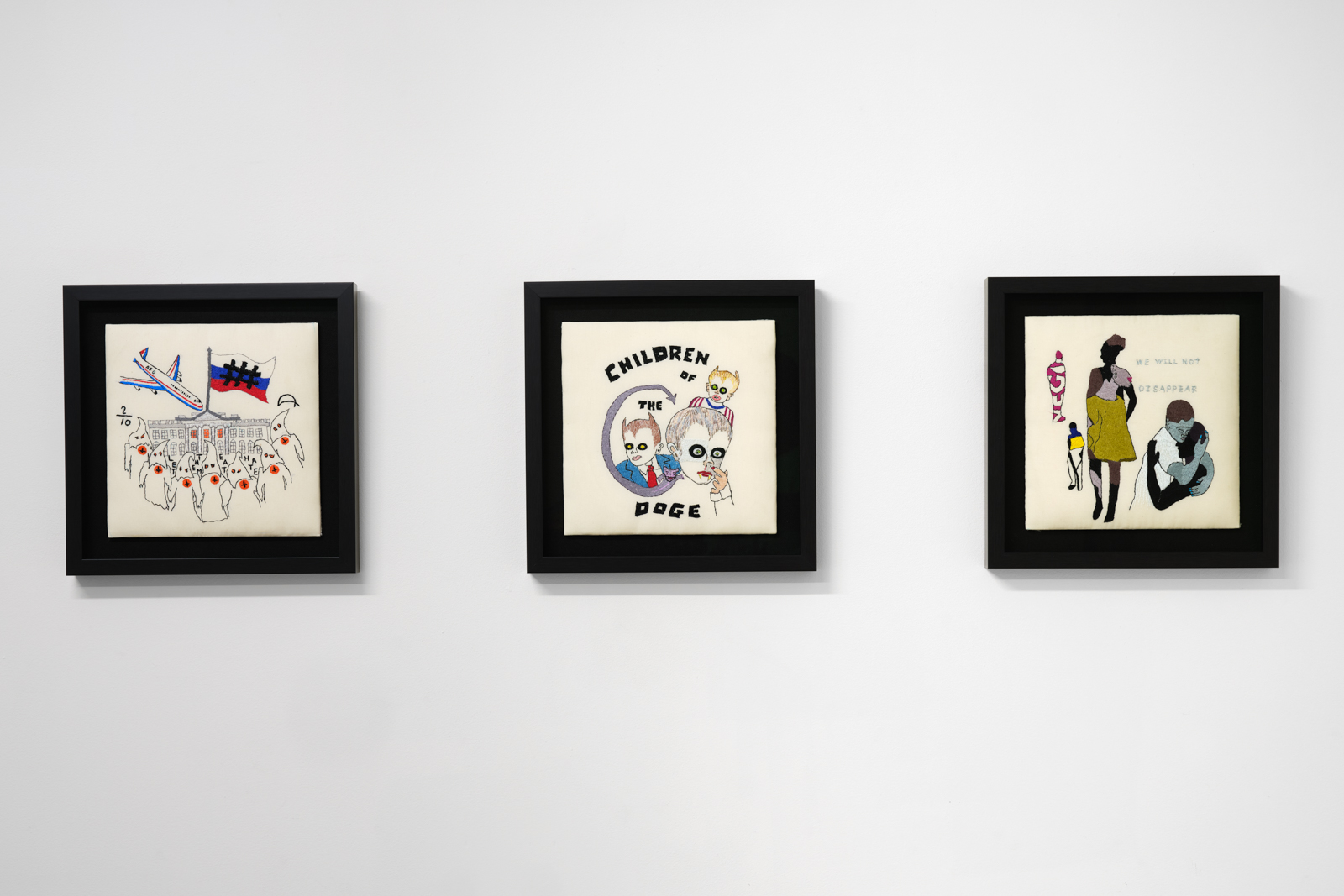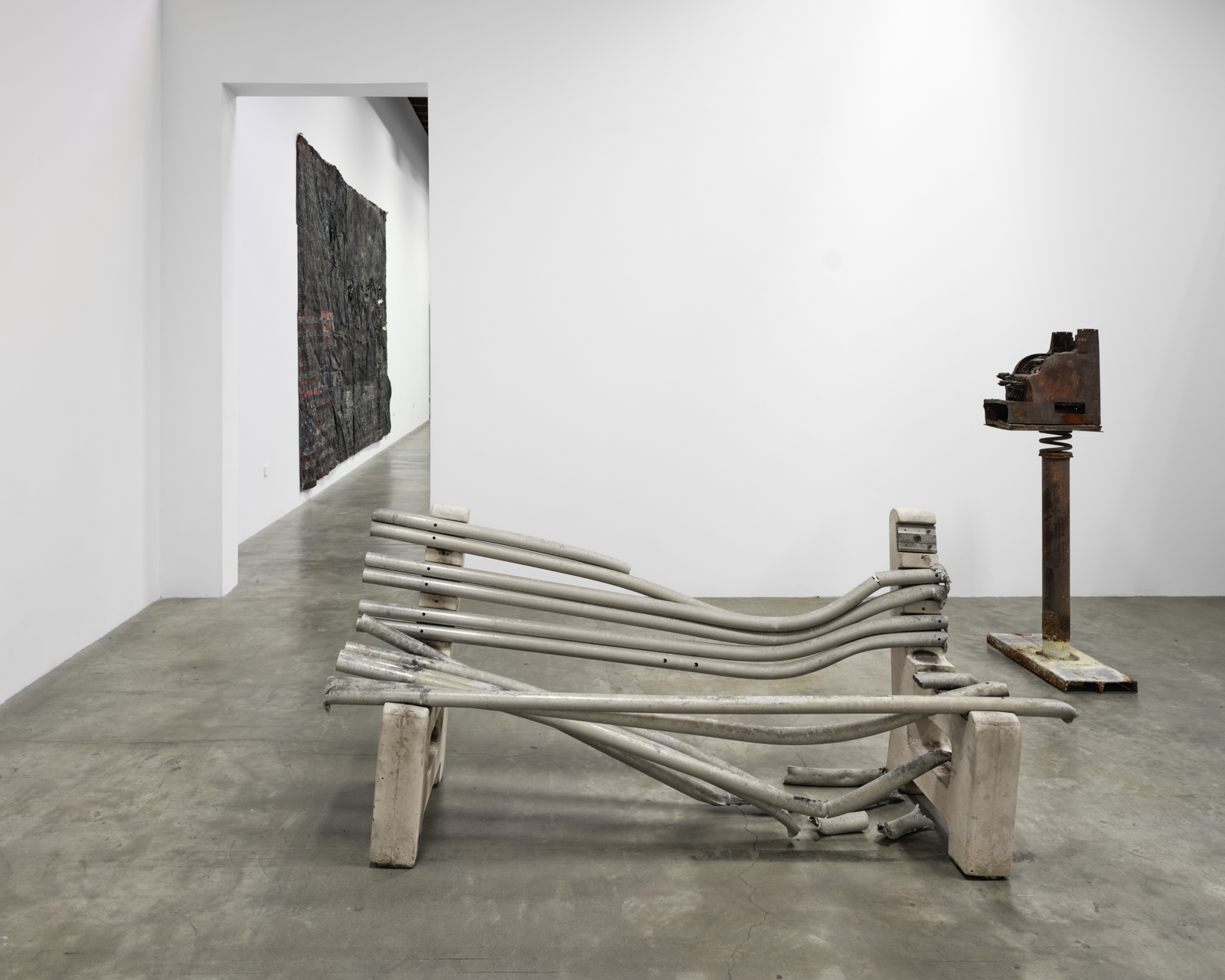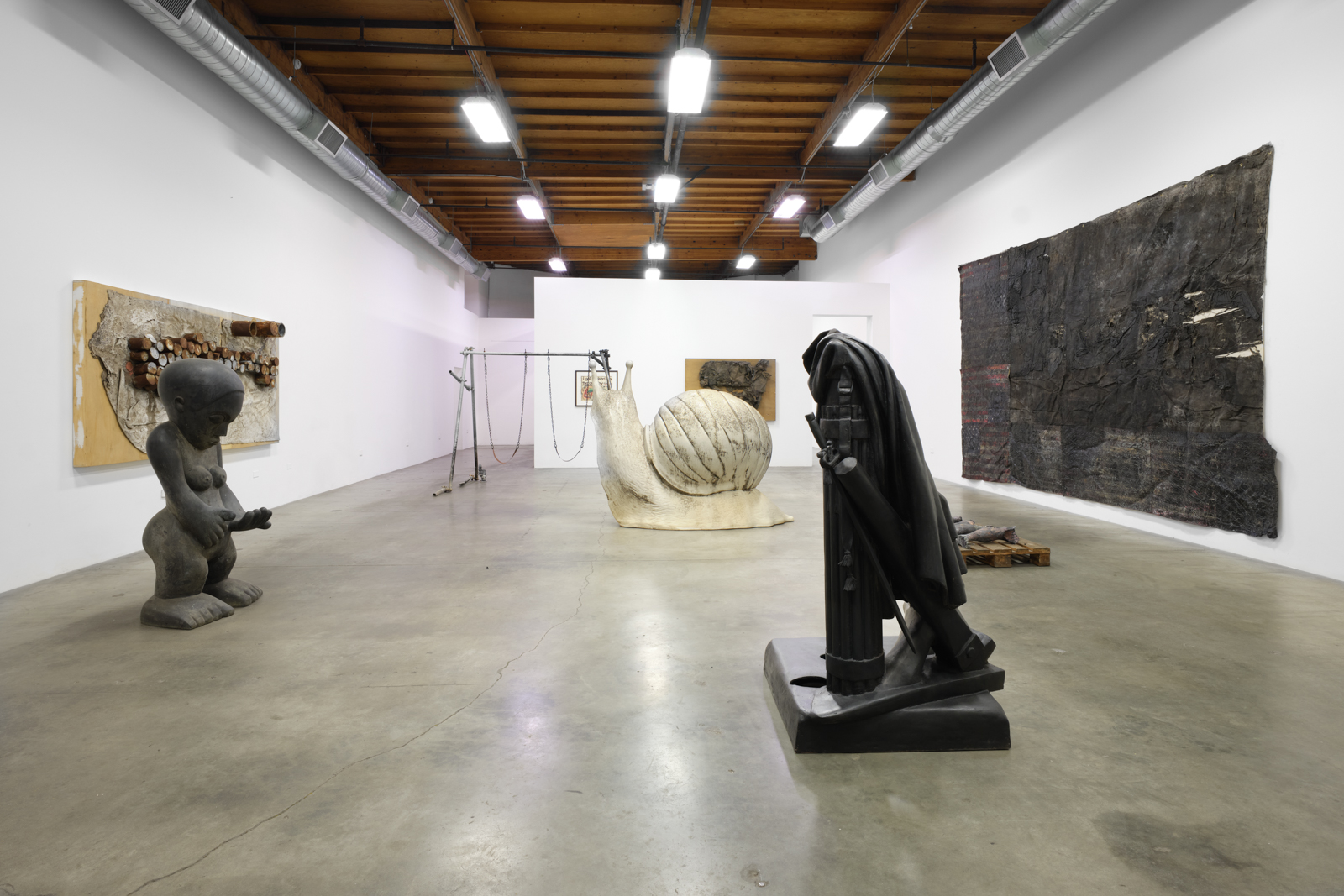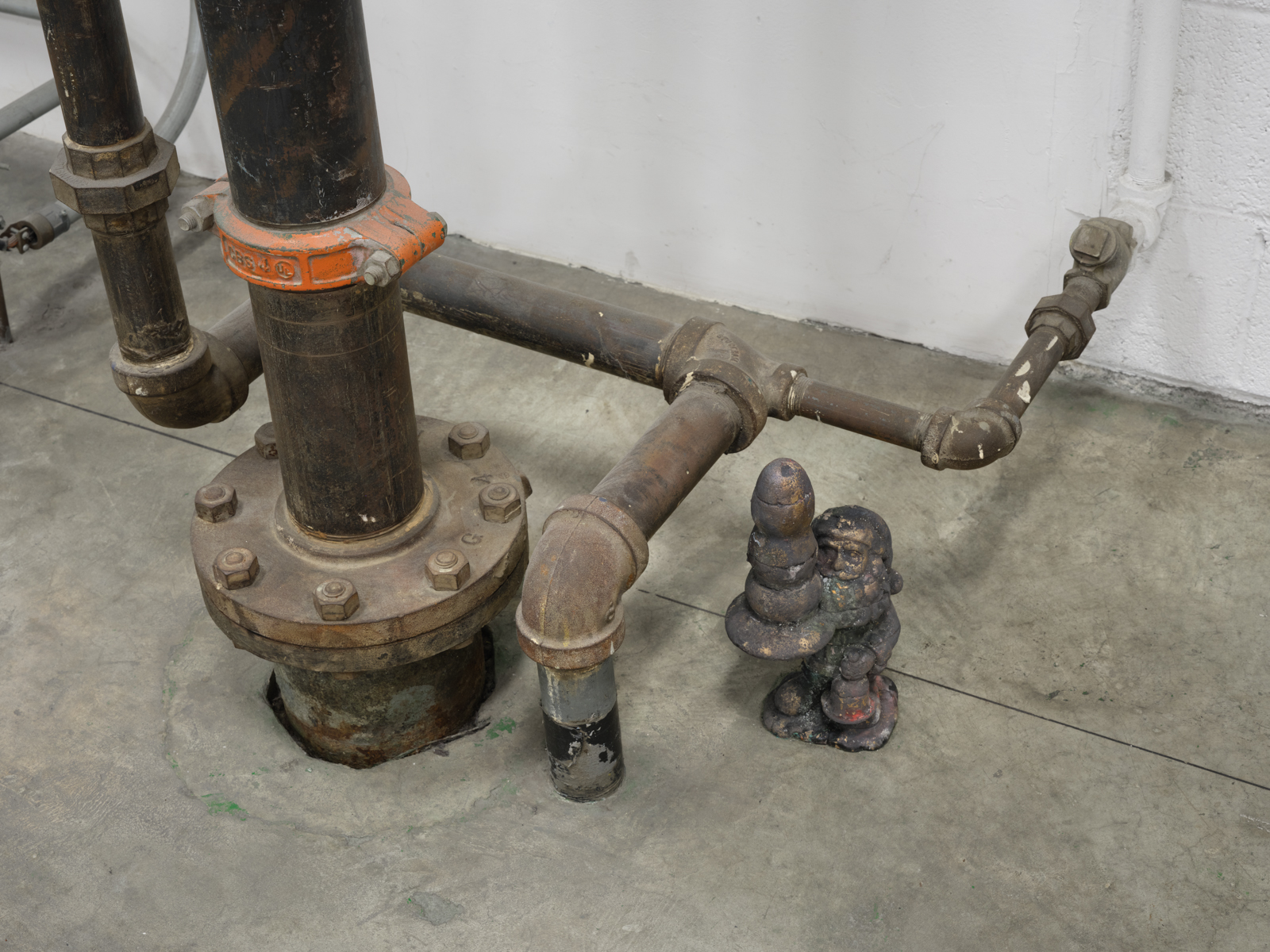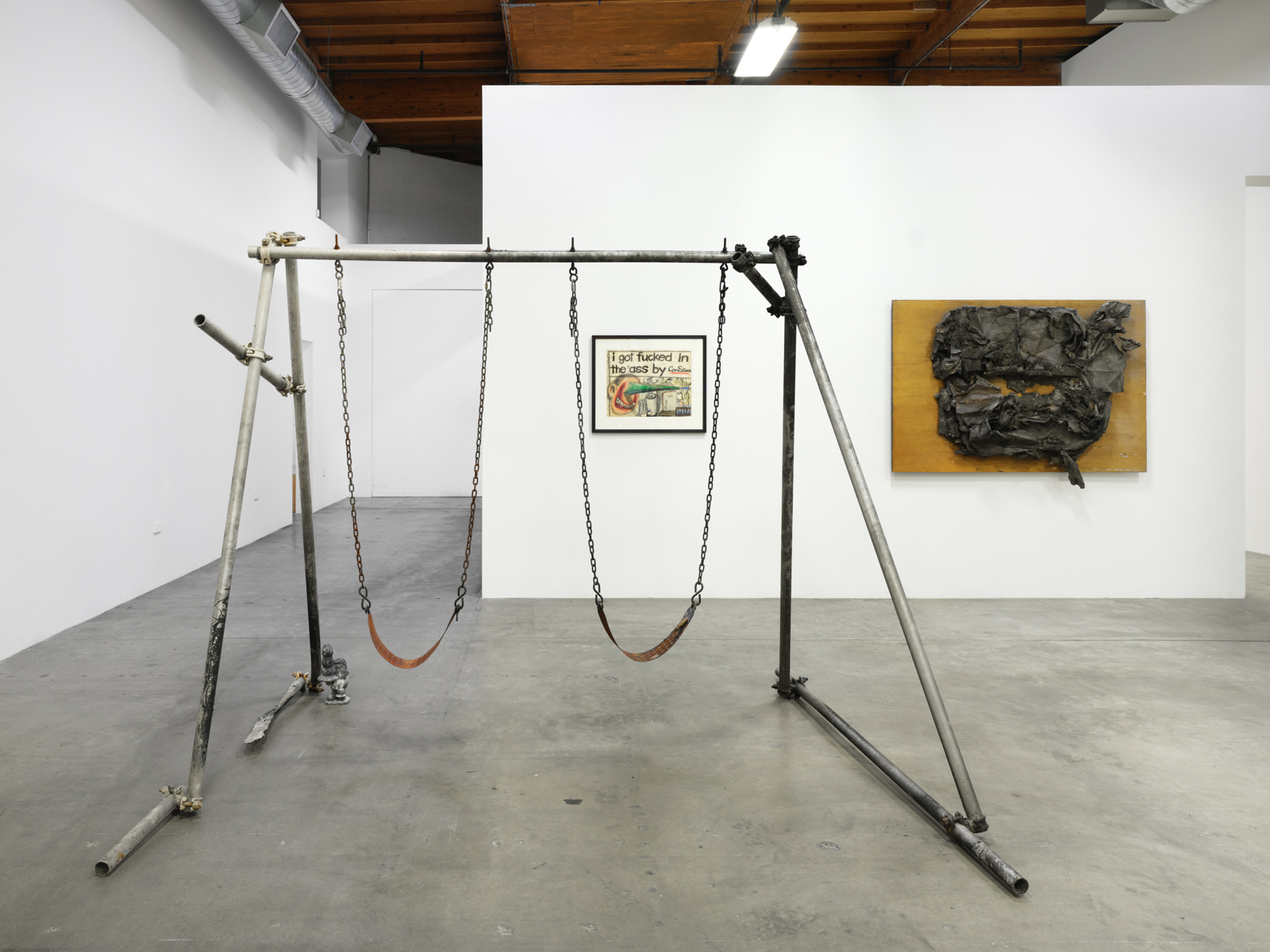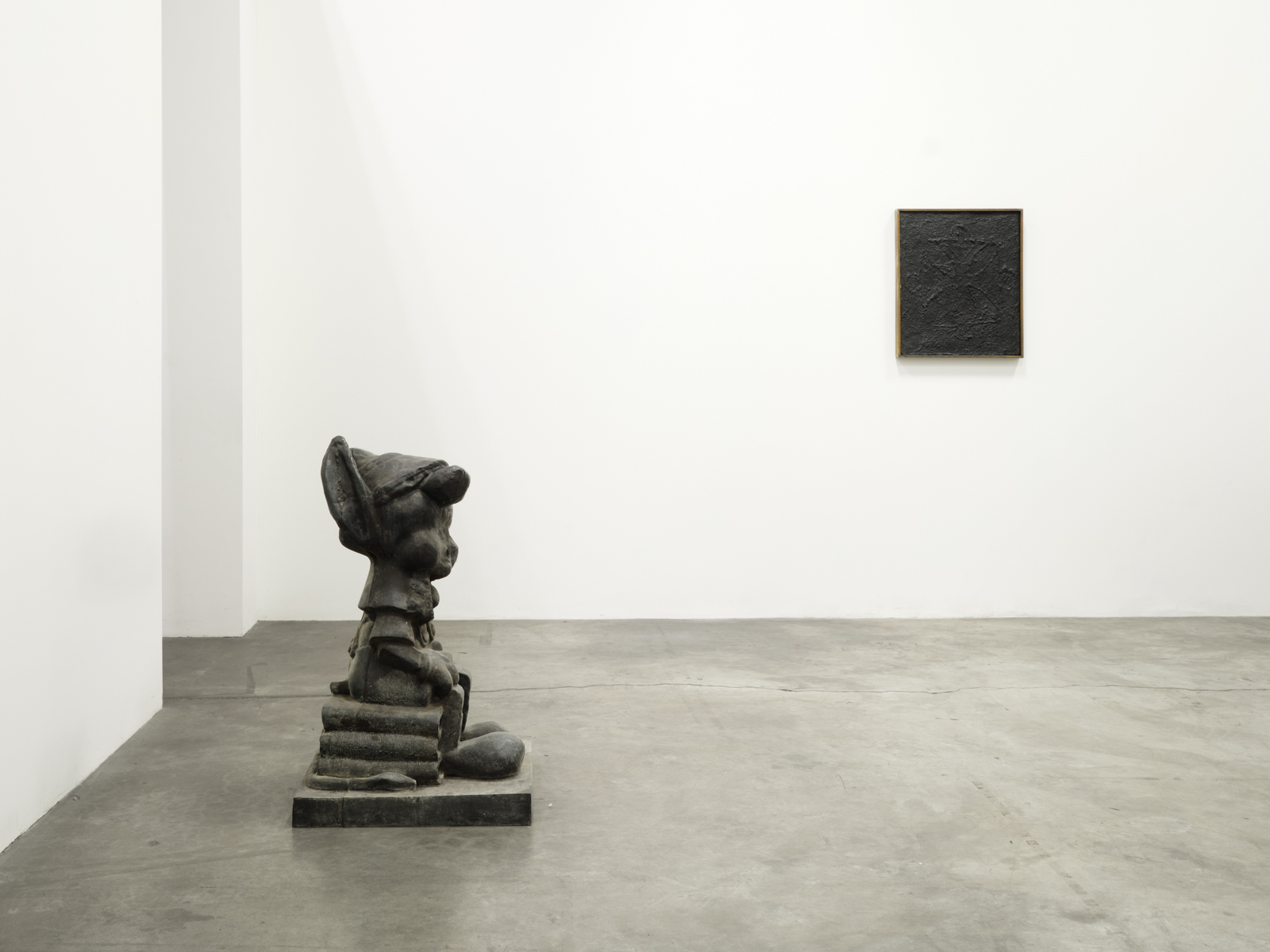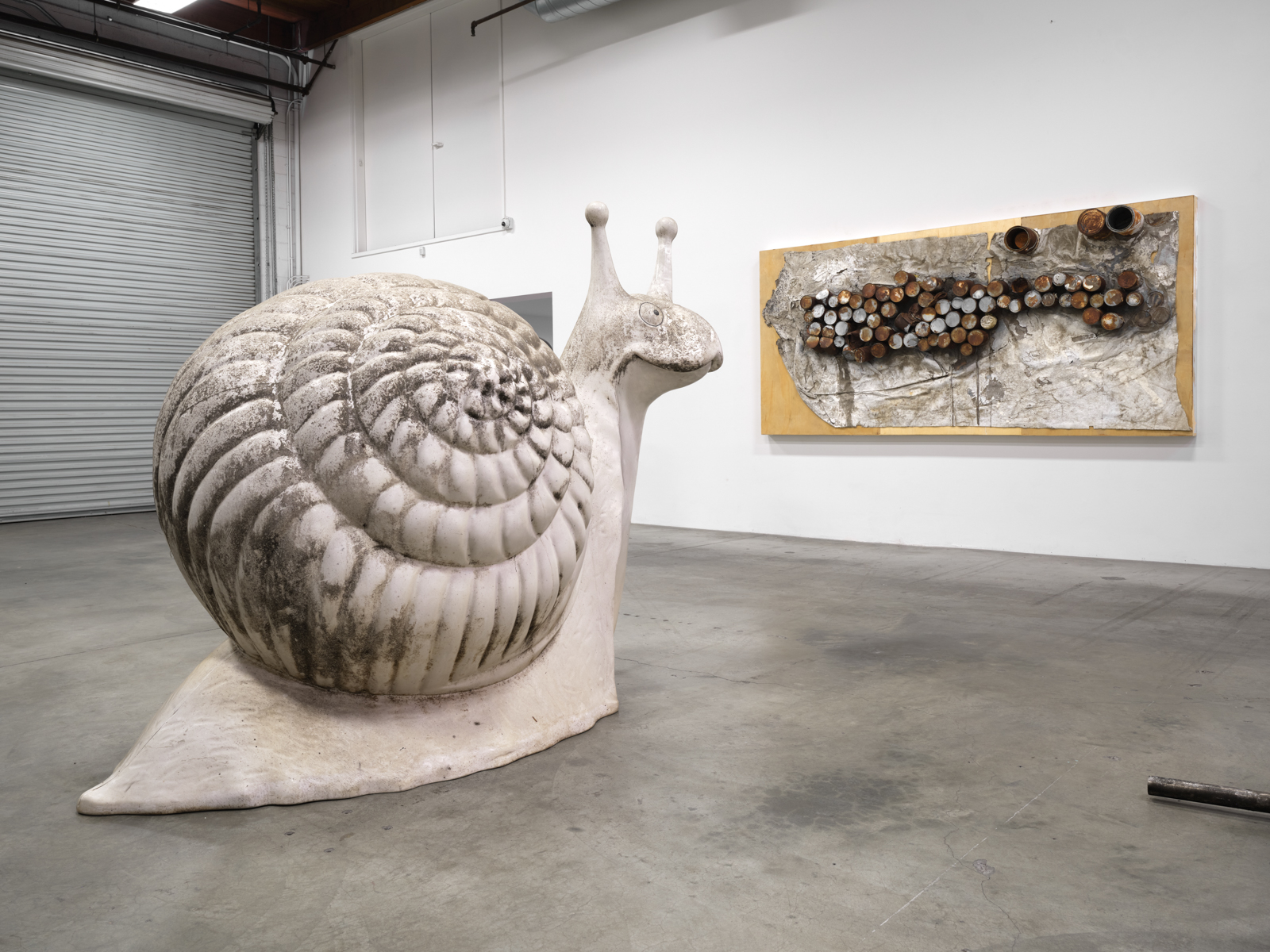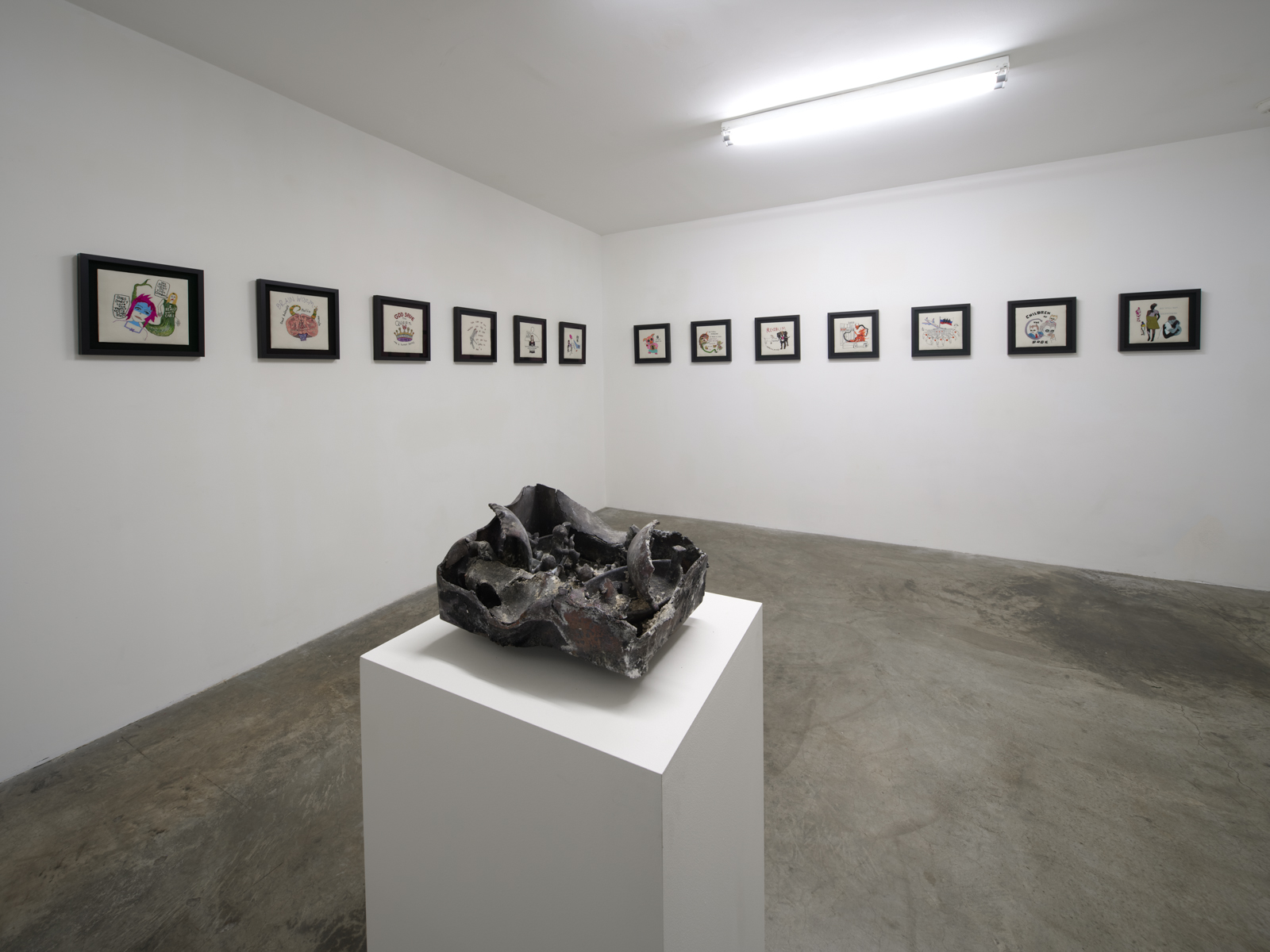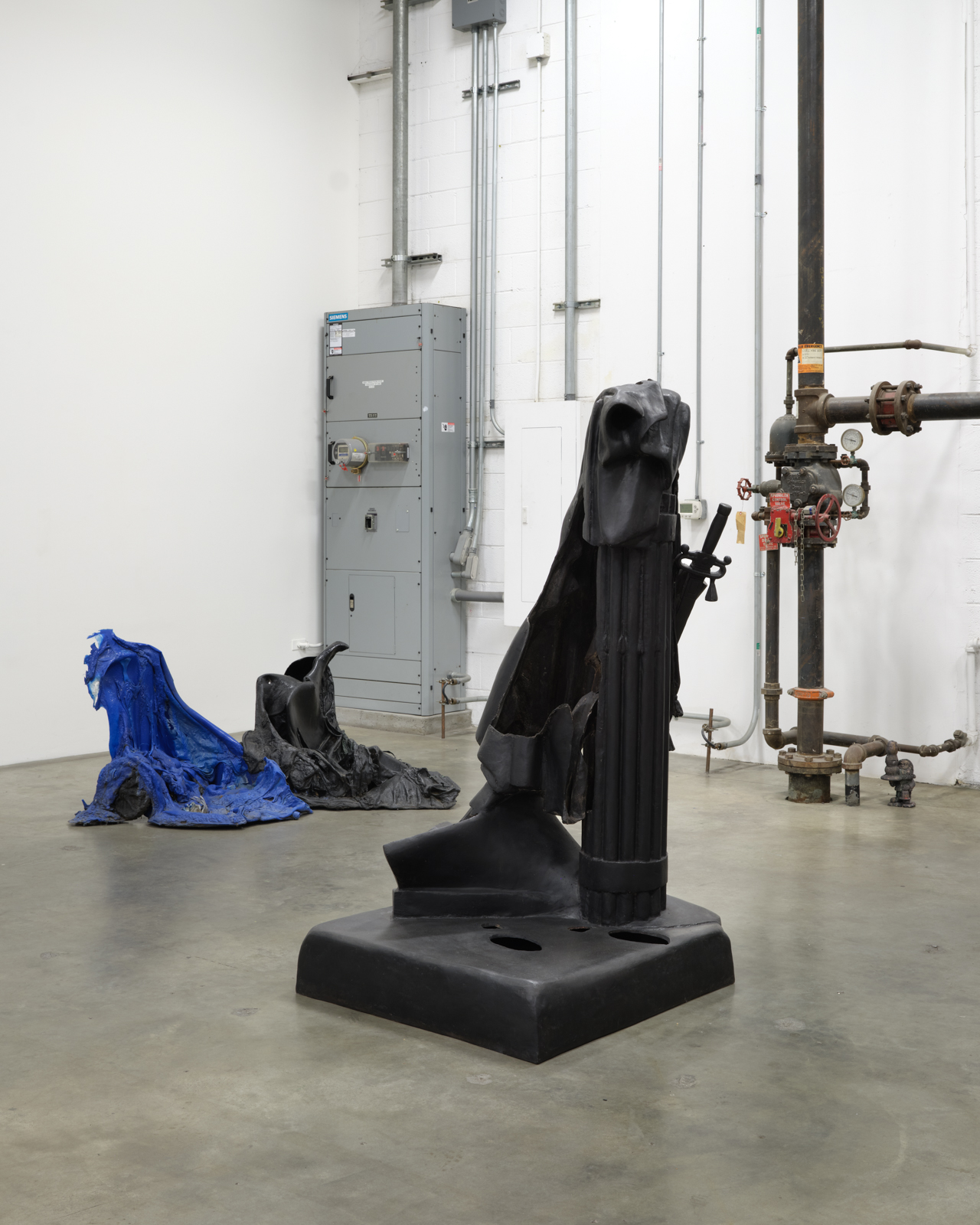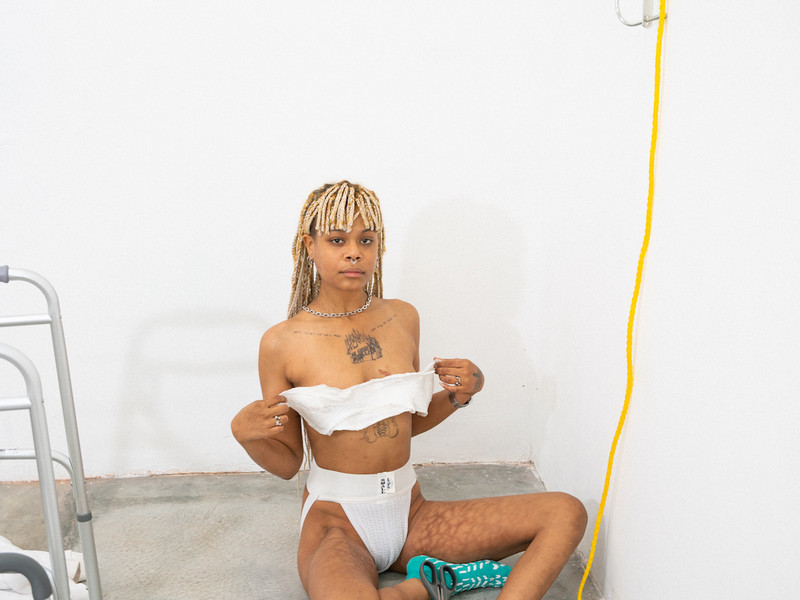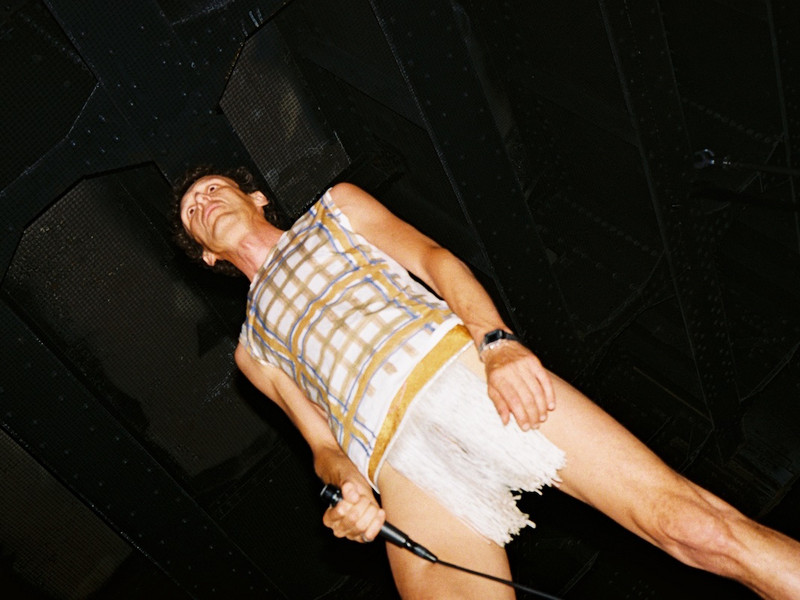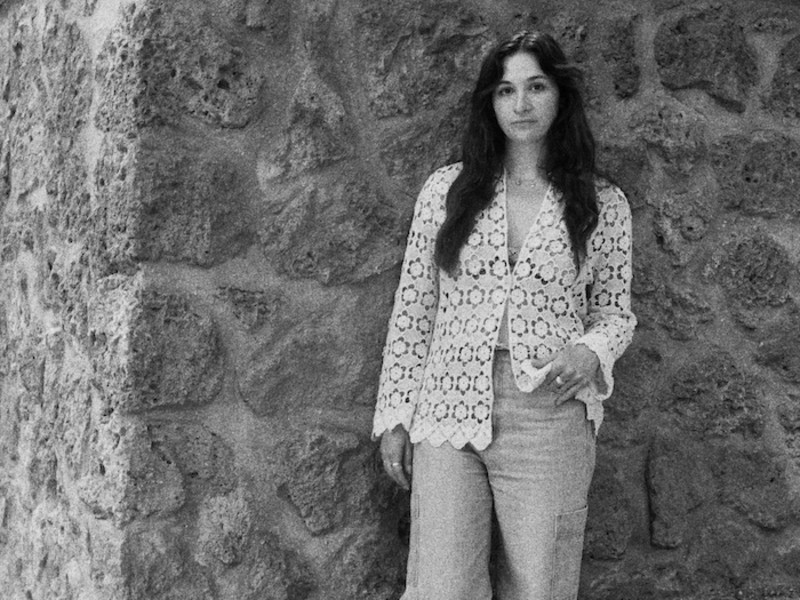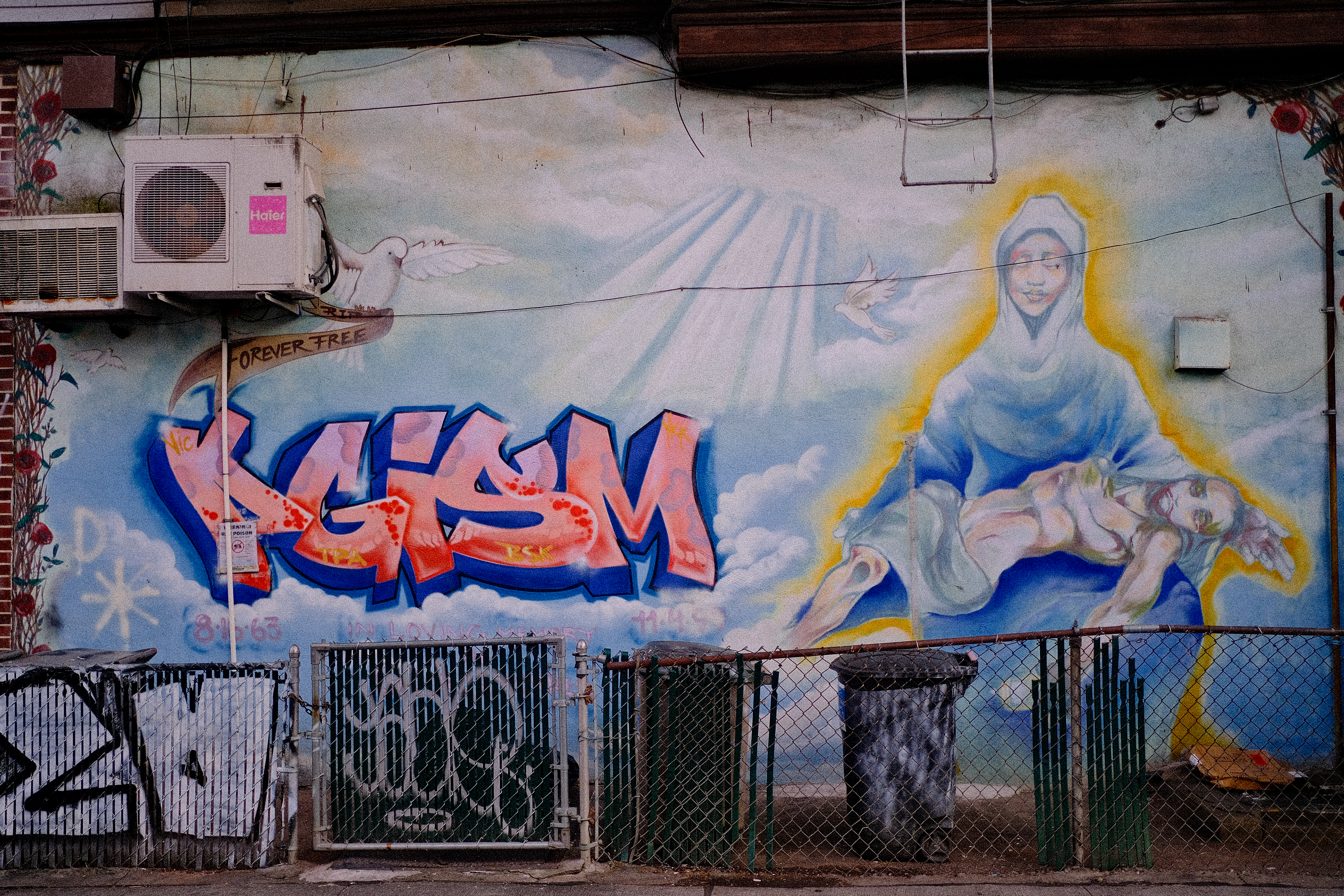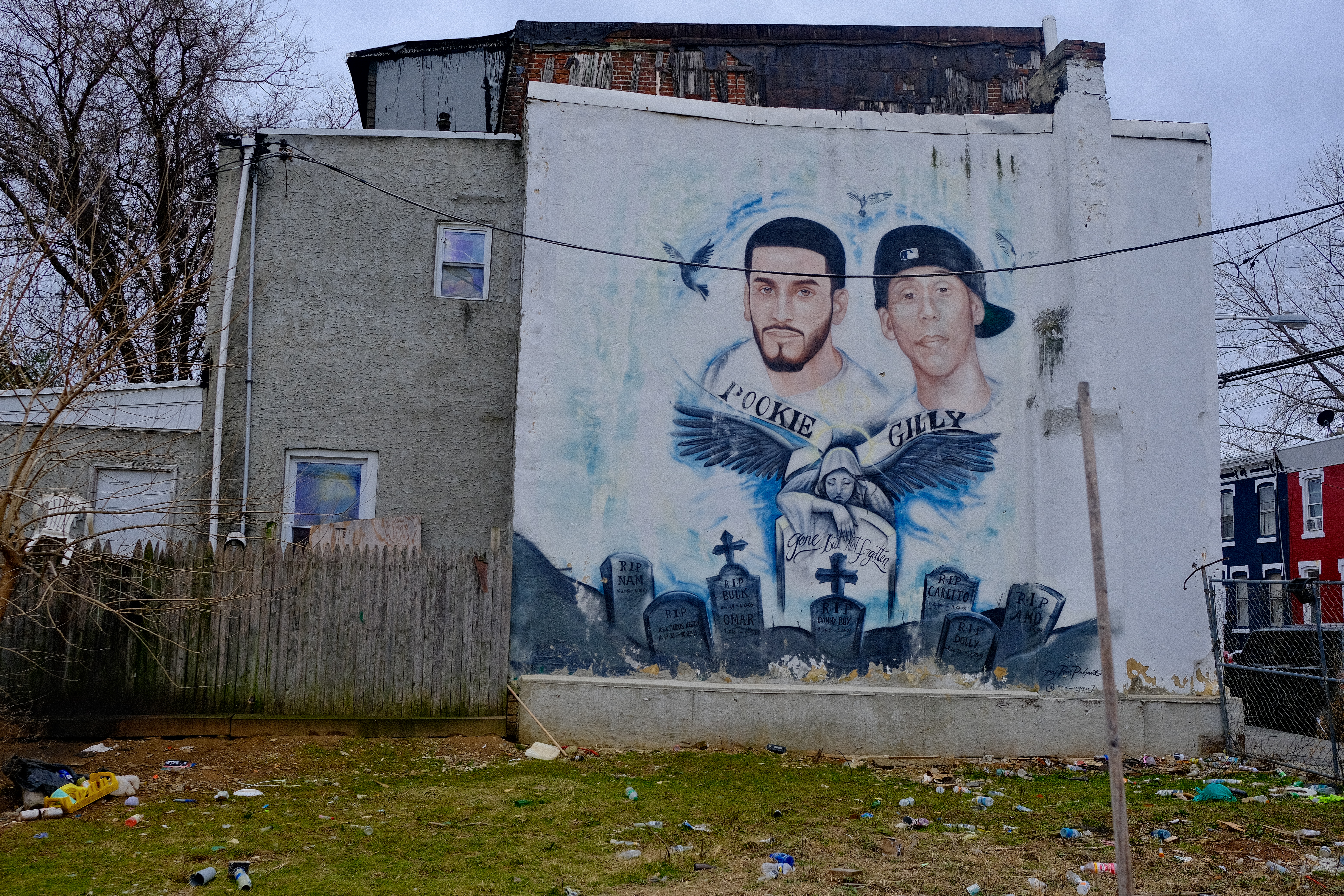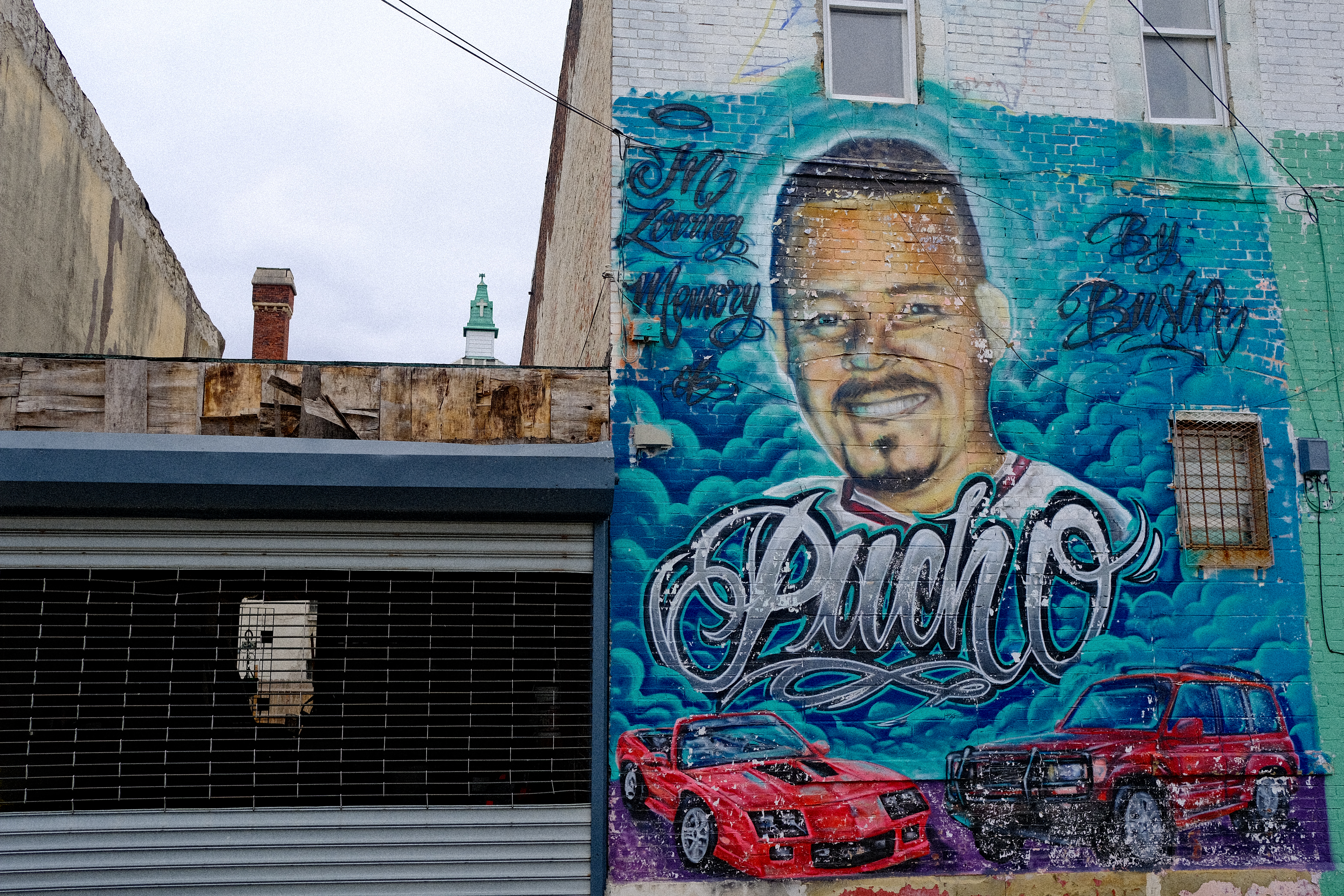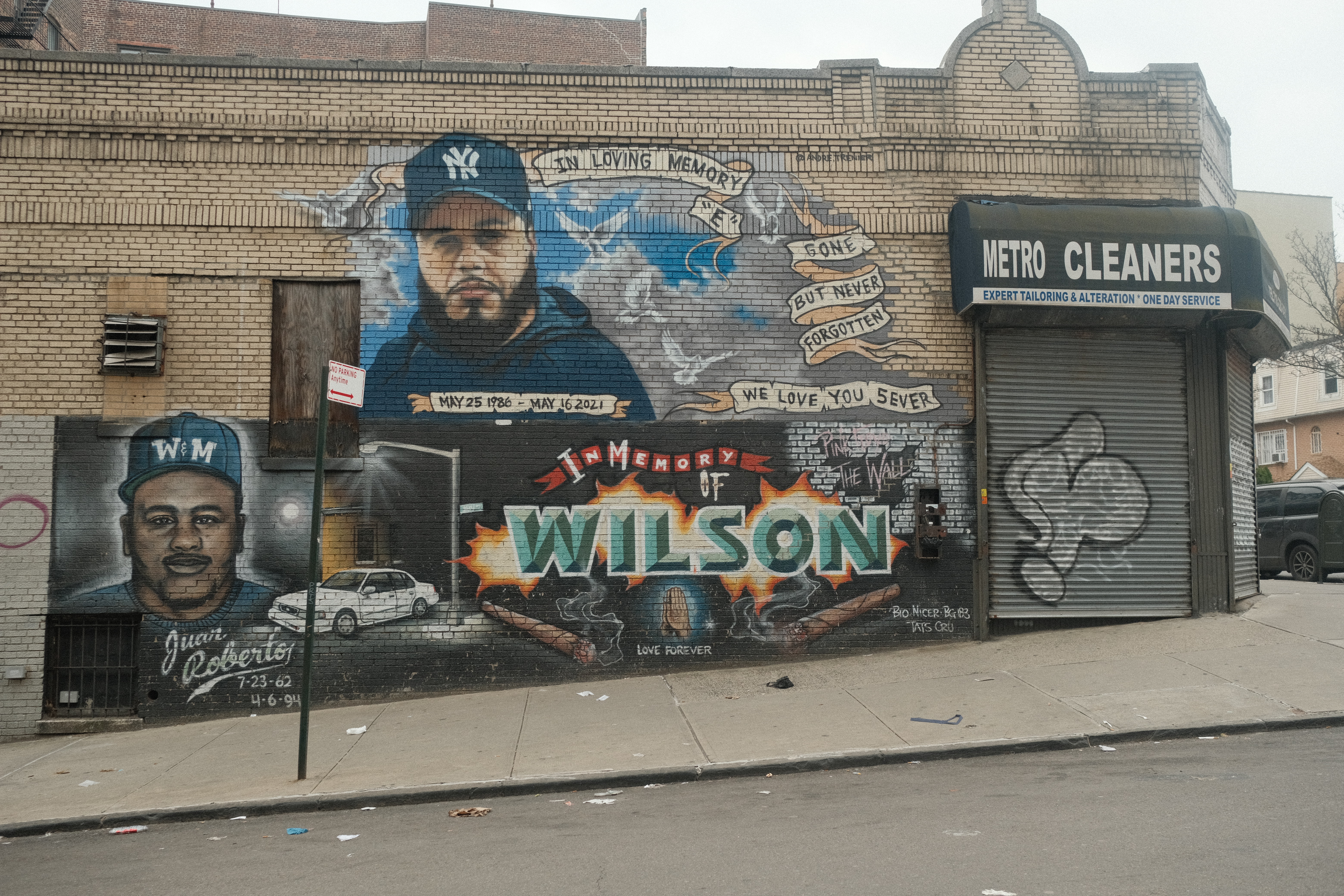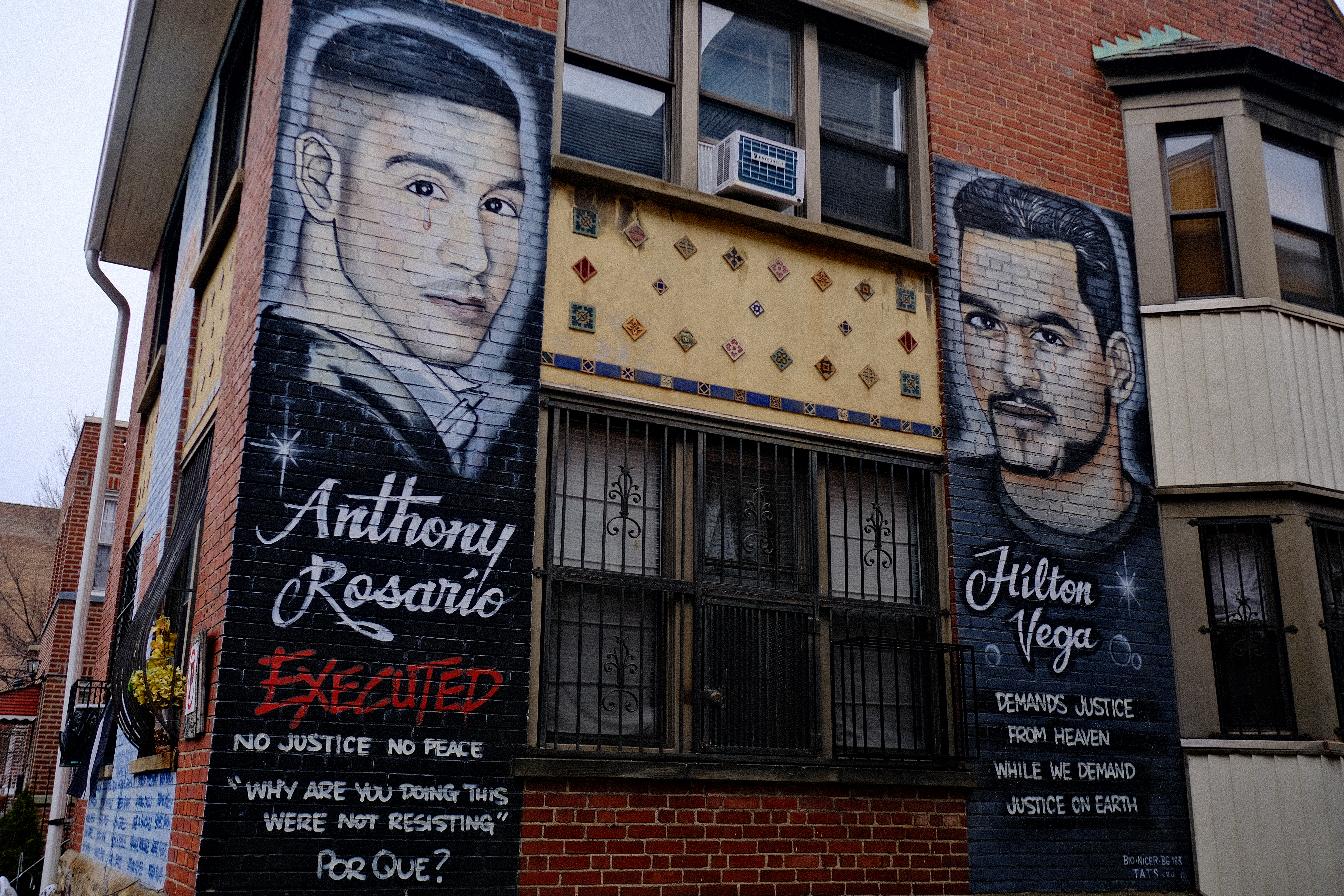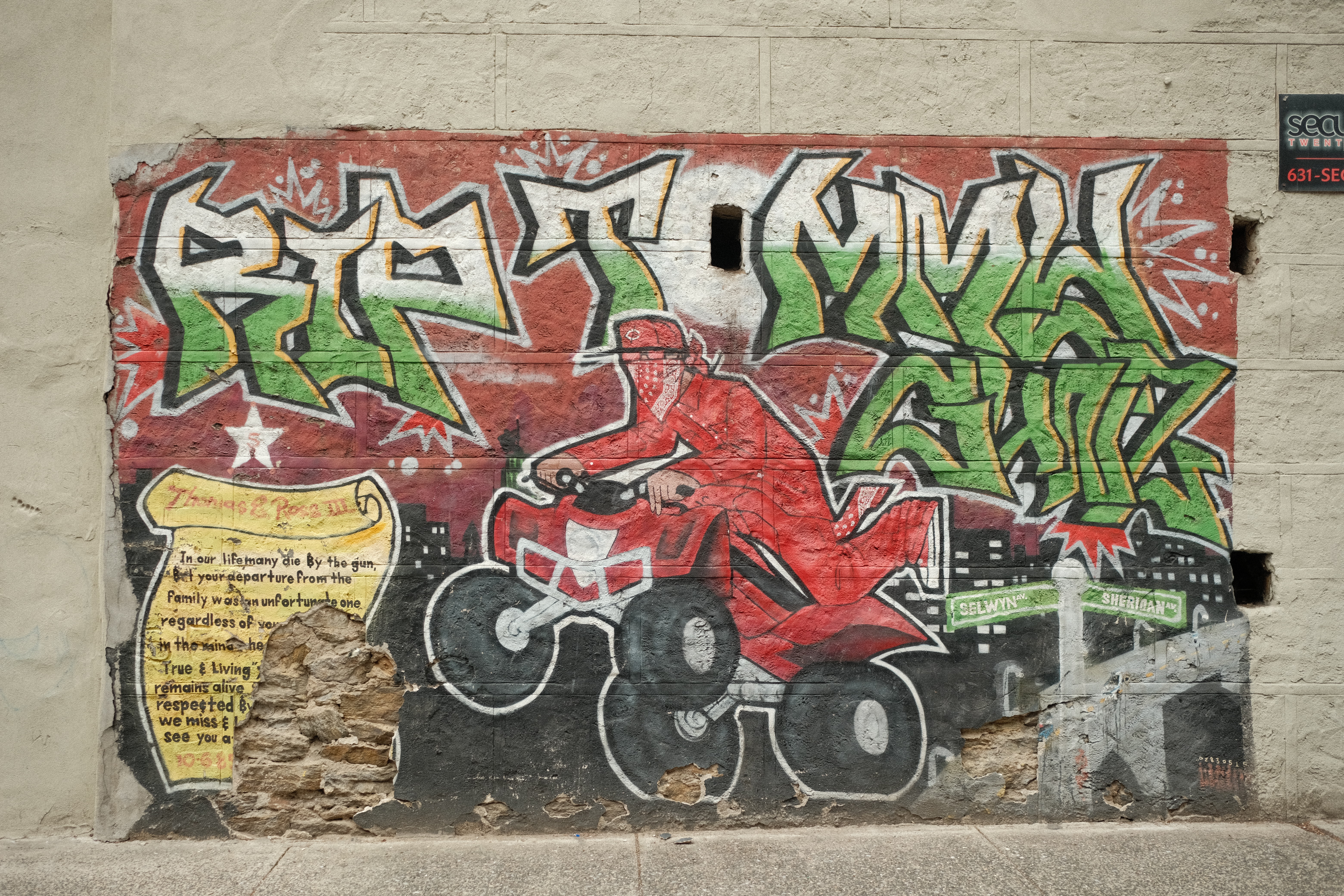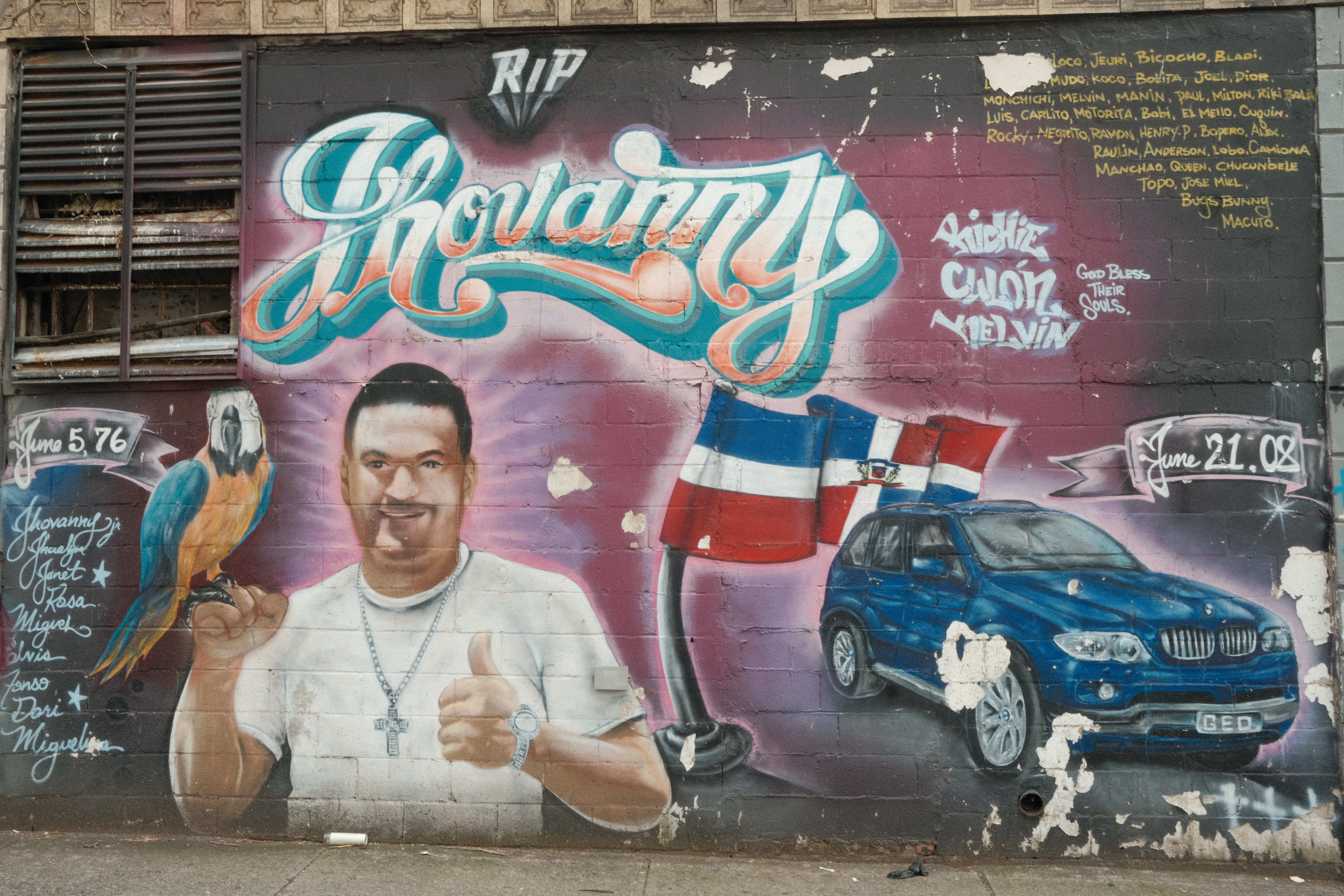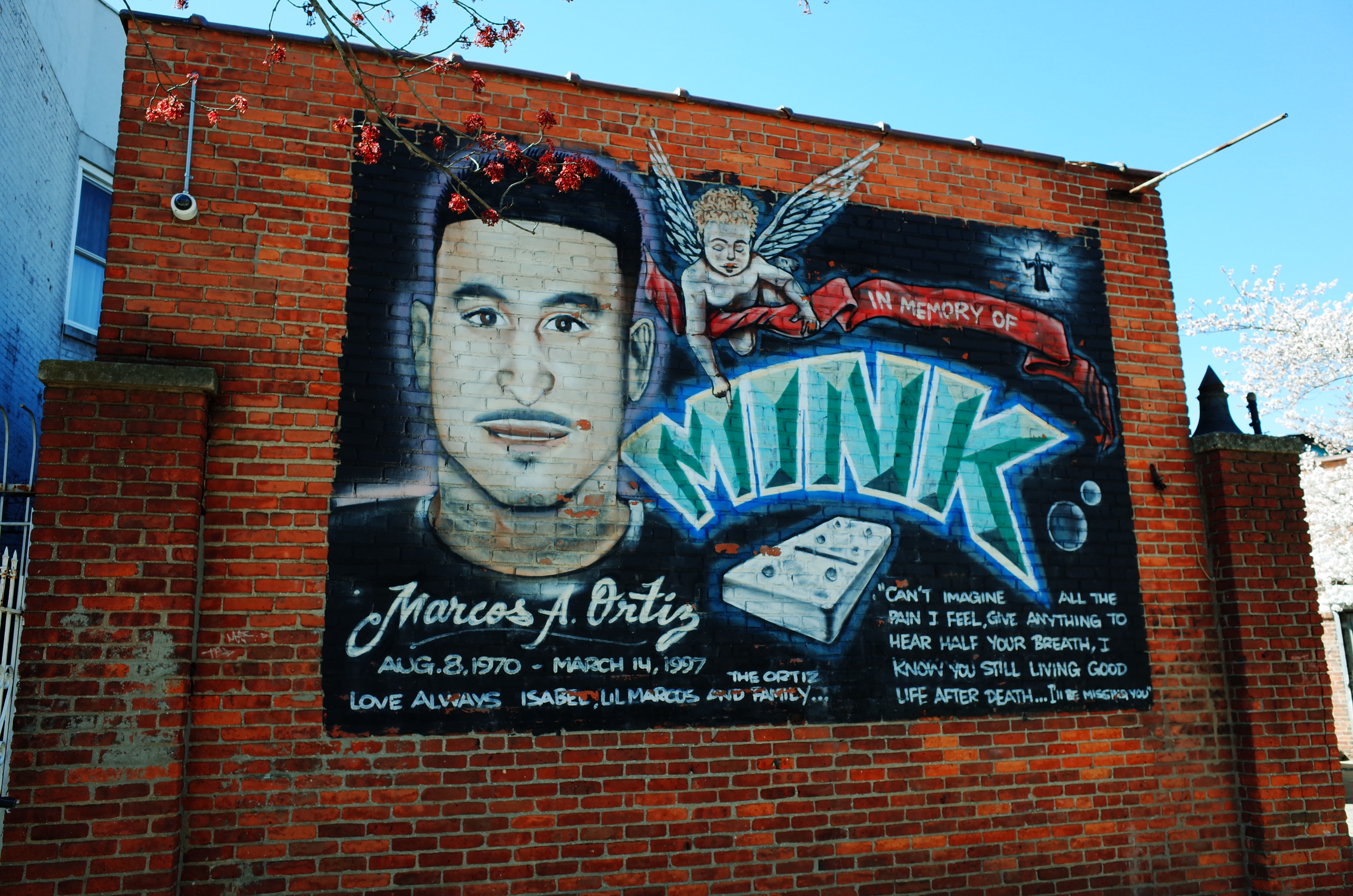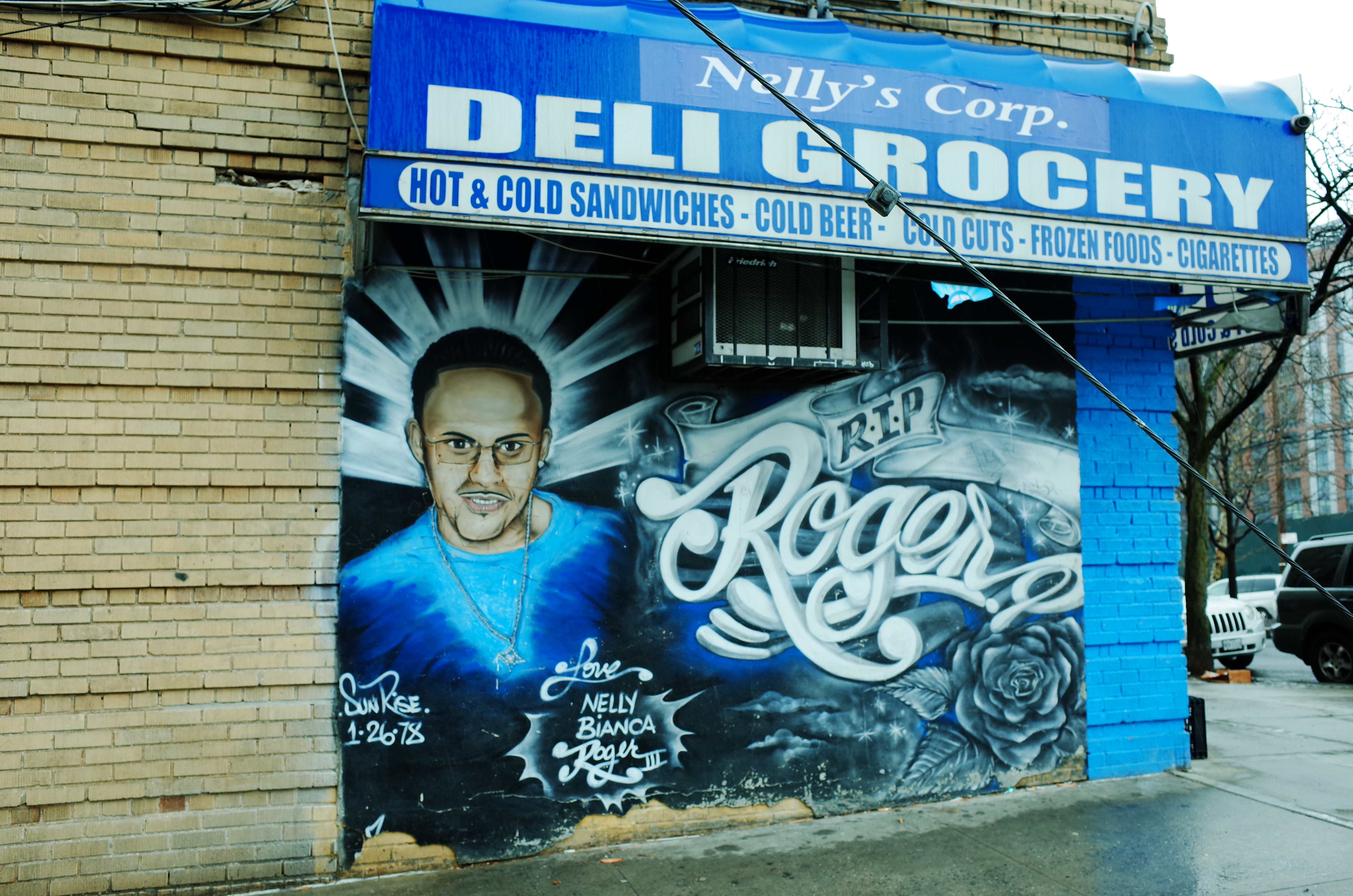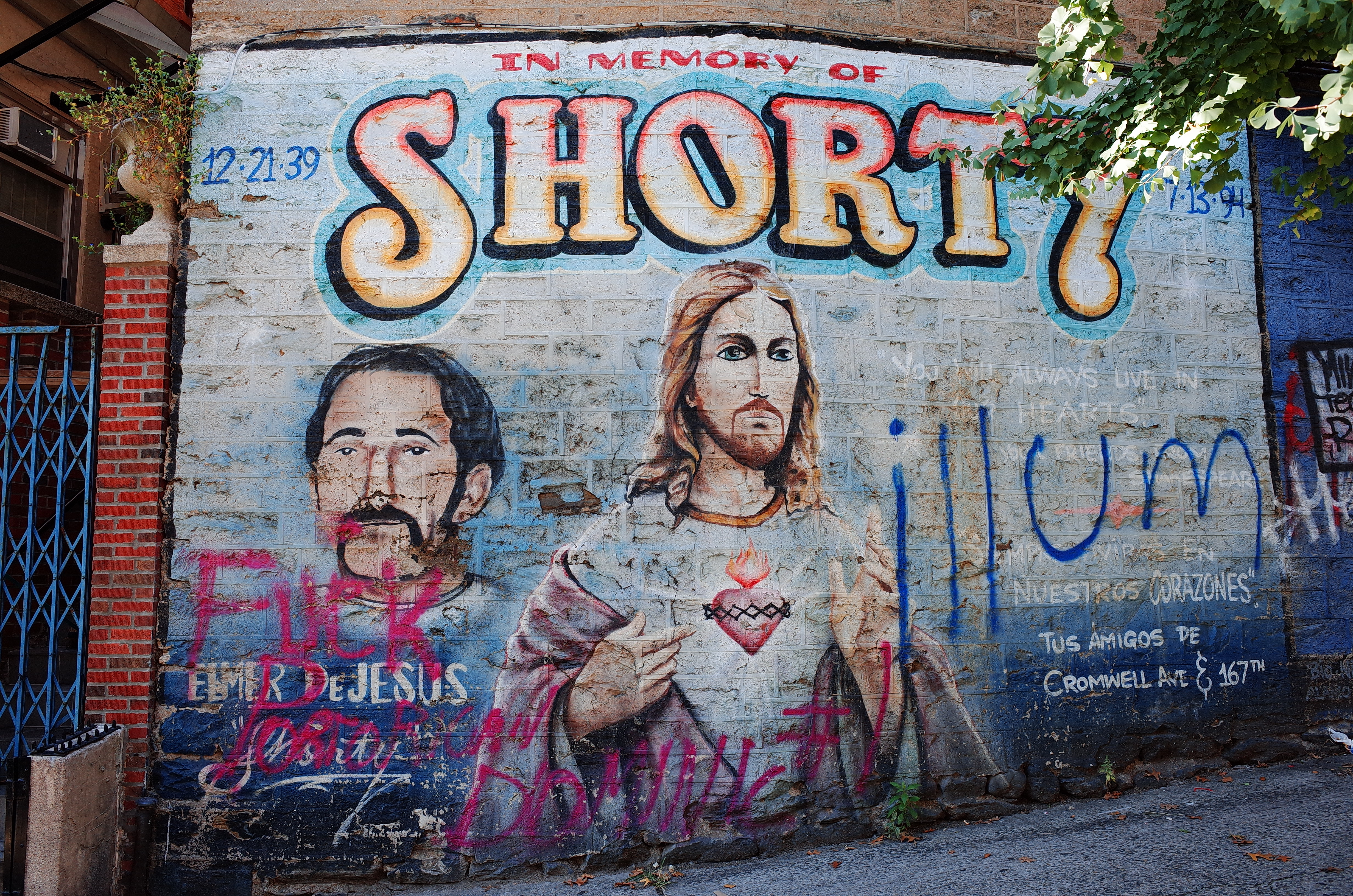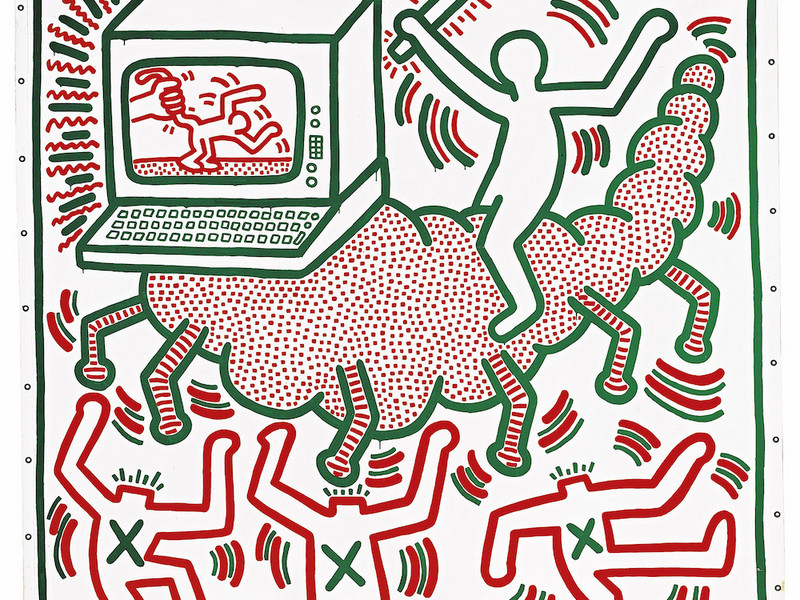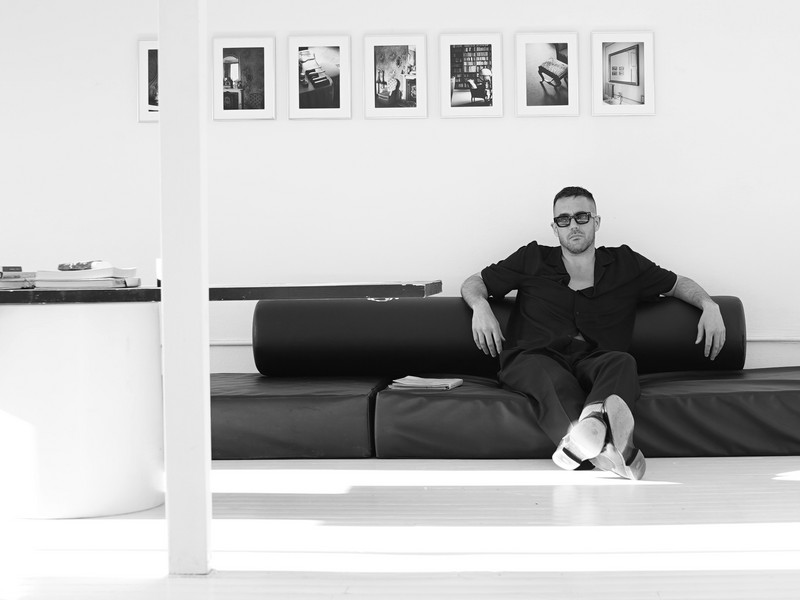This performance piece by Klychkova explores how women are expected to carry the same responsibilities as men, whilst the state and society within Russia continue to impose a rigid model of behaviour around 'traditional' values. In 2017, domestic violence was partially decriminalized in Russia, but attempts to challenge this have been met with resistance with feminist organizations even being shut down and control over the female body has increasingly become a matter of state policy.
The ritual of Epiphany bathing- an annual act of 'purification' in which bodily discipline, religious faith, and social expectations collide in powerful and unsettling ways. Rooted in the practice of spiritual cleansing through triple immersion water, as a reference to the Holy Trinity, the ritual typically takes place in harsh winter conditions. Though framed as a voluntary act of faith, the ritual often operates as another form of behavioral regulation and women who take part in this 'cleansing' find themselves at the center of public attention. With an unofficial dress code, women usually enter the water wearing no underwear and thin cotton shirts. After immersion, the fabric becomes transparent, rendering them effectively naked. The shock of the cold often brings on uncontrolled emotional and physical reactions — screaming, trembling, gasping. And yet, in this moment, there is no shame. These raw expressions are met not with judgment, but with collective acceptance. For a brief time, behaviors that are stigmatized in daily life are transformed into symbols of purity.
Building an ice-hole in a frozen body of water with ice measuring up to 60cm thick, Klychkova reinterprets the ritual, highlighting it's contradictions and cultural weight. 'Immersion in ice is no longer about washing away sin — it becomes an act of shedding imposed shame and guilt. It is about reclaiming one’s body, voice, and right to feel. Women can cry, shout, tremble, or fall silent — without fear of reproach. Within this space, they affirm their right to exist freely, as they are. The act becomes a moment of shared experience and mutual recognition — where women come together across age, ethnicity, and identity. It is not the woman who conforms to the norm — it is the norm that loses its power.'
